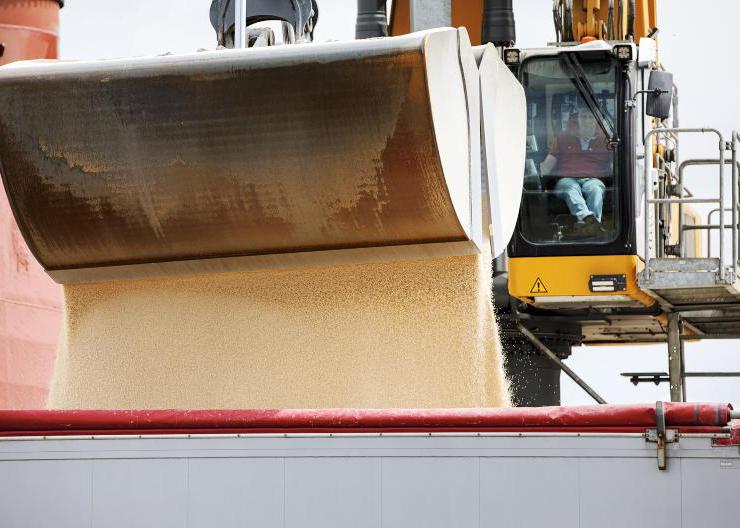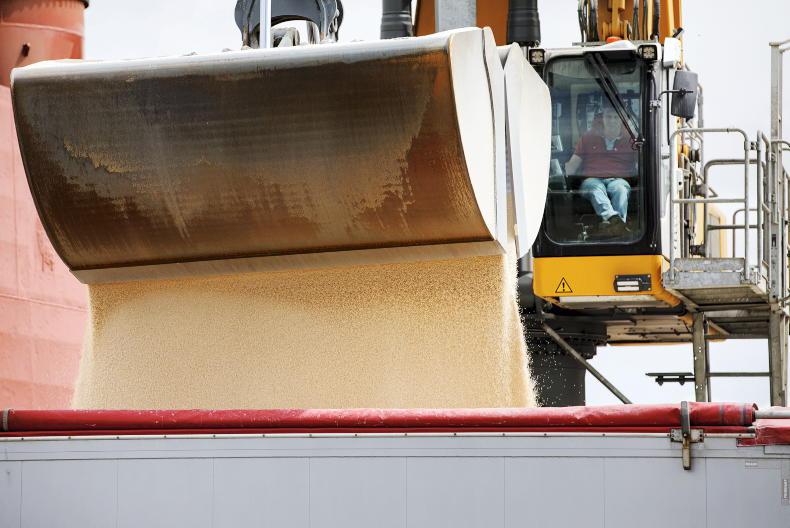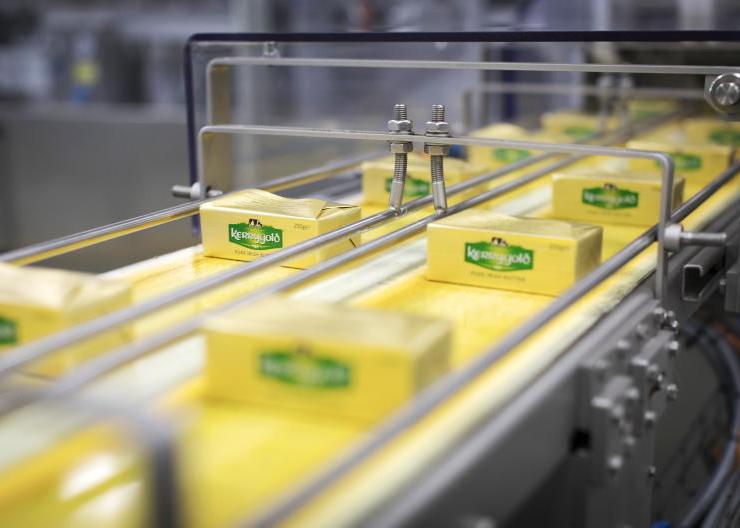I had always assumed that because of their enormous coal industry and a generally cavalier attitude to life, the Australian attitude to farming, climate change and carbon emissions was going to be on the lines of doing as little as possible for as long as possible in the whole area.
At gatherings in Belfast and Dublin over the last week, I listened to an Australian operator of cattle farms spell out how he increased the organic matter of some of his soils by 50% over a three year period but more to the point, sold the accumulated carbon credits to a company controlled by the Microsoft billionaire Bill Gates.
At the same time, I had not realised that the Northern Ireland administration is about to spend £45m a year to establish a baseline figure for how much carbon is stored on every farm in Northern Ireland.
The intention is that every tonne of additional carbon stored in farmland should be eligible for a payment to the owner.
So far the Dublin administration has been remarkably slow in coming to grips with what the new realities are going to mean in practice for farmers.
What surprised me most about our Australian visitor was his assertion that Australian red meat production would be carbon neutral by 2030. In the greater scheme of world carbon emissions this may not matter that much given the disagreements over bovine methane as a greenhouse gas.
However, with Australian beef lined up to have free access to both the US and British markets the claim of carbon neutrality will resonate with supermarket buyers.
As one of the world’s largest exporters of beef, we have little option but to put a similar programme in place. There is no real reason why it cannot be built onto the existing Origin Green initiative which has a solid international reputation but needs a revamp.
Alongside refinements to the Origin Green programme, we need to have clear policy commitments from the Government on carbon ownership and land management options.
Government also need to commit to keep abreast of technical developments that might reduce greenhouse gas emissions from livestock, so that these can be reflected in official calculations and regulations.









SHARING OPTIONS